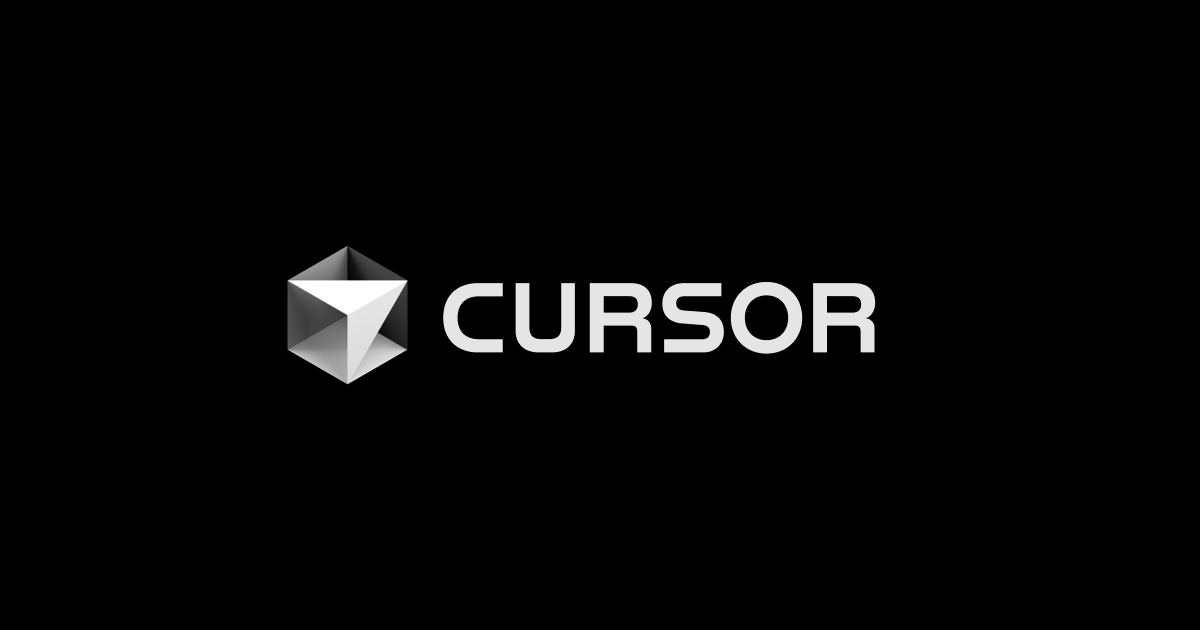Cursor Acquires Koala to Challenge GitHub Copilot’s Dominance

Cursor, the company behind the AI coding application, has expanded its influence in the tech landscape by acquiring Koala, an AI-powered customer relationship management (CRM) startup. This strategic move aims to strengthen its position against Microsoft’s GitHub Copilot and to appeal to businesses seeking advanced AI coding tools to enhance employee productivity. According to sources familiar with the transaction, Cursor’s parent company, Anysphere, has secured several key engineers from Koala to form a dedicated enterprise-ready team.
Despite this acquisition, not all of Koala’s workforce will transition to Cursor. Reports indicate that Cursor does not intend to integrate Koala’s CRM product into its operations. Koala plans to cease its services by September 2025, as stated on its blog this past Friday. This announcement follows a substantial $15 million Series A funding round that Koala raised just five months earlier, led by CRV, with contributions from HubSpot Ventures, Recall Capital, and Afore.
The Koala acquisition highlights the contrasting trajectories of AI startups in 2025. On one hand, firms like Cursor are rapidly gaining traction, positioning themselves against established players such as Microsoft and Anthropic. On the other hand, companies like Koala, which once seemed promising, are struggling to maintain momentum despite having notable founders and advisors.
Cursor is leveraging this disparity in the market to enhance its enterprise offerings. In addition to acquiring Koala’s talent, Anysphere recently appointed Travis McPeak, former CEO of cybersecurity startup Resourcely, to lead its security teams, signaling a broader strategy to enhance its corporate infrastructure. This approach mirrors trends in Big Tech, where companies often pursue talent acquisitions to bolster their capabilities while leaving underperforming entities behind.
As Cursor strives to transition from a personal developer tool to an enterprise platform, it faces significant competition. Currently, many organizations rely on GitHub Copilot, which integrates seamlessly with popular development environments like VS Code and JetBrains. Cursor, as a standalone AI-powered integrated development environment (IDE), must outperform GitHub Copilot in head-to-head evaluations to secure enterprise contracts. Reports suggest that Cursor has successfully done so in several cases, yet Microsoft retains considerable advantages due to its established relationships with legacy corporations and a robust sales infrastructure.
In June 2025, Cursor announced it achieved an annual recurring revenue (ARR) of $500 million and now collaborates with over half of the Fortune 500 companies, including industry giants such as NVIDIA, Uber, and Adobe. Insights from inside sources indicate that Cursor’s revenue continues to grow, with a notable portion coming from enterprise contracts.
Despite these advancements, Cursor must also navigate an increasingly competitive landscape. One of its most pressing challenges comes from Anthropic, a critical partner, whose Claude Code product has gained significant traction recently. Cursor relies on Anthropic’s AI models to enhance its coding applications, creating a reciprocal relationship that underscores the importance of collaboration in this rapidly evolving sector.
Additionally, Google has made moves to consolidate its position by acquiring the leadership team from Windsurf, a key competitor in the AI-powered IDE market. Cognition, the developer behind the AI coding agent Devin, has also expanded by acquiring Windsurf’s remaining team, intensifying the competition.
The landscape of AI coding tools is evolving, with employers increasingly viewing these solutions as essential for improving software engineers’ productivity. This shift has made coding tools among the first AI products to establish significant market traction, attracting the attention of venture capitalists.
As companies like Microsoft, Google, and Anthropic forge ahead, Cursor’s acquisition strategy will be pivotal in determining whether it can emerge as a leader in the AI coding market or become another startup unable to scale effectively in a crowded field. The race is no longer solely about developing superior technology; it’s about who can rapidly expand their enterprise capabilities while the market remains ripe for growth.






